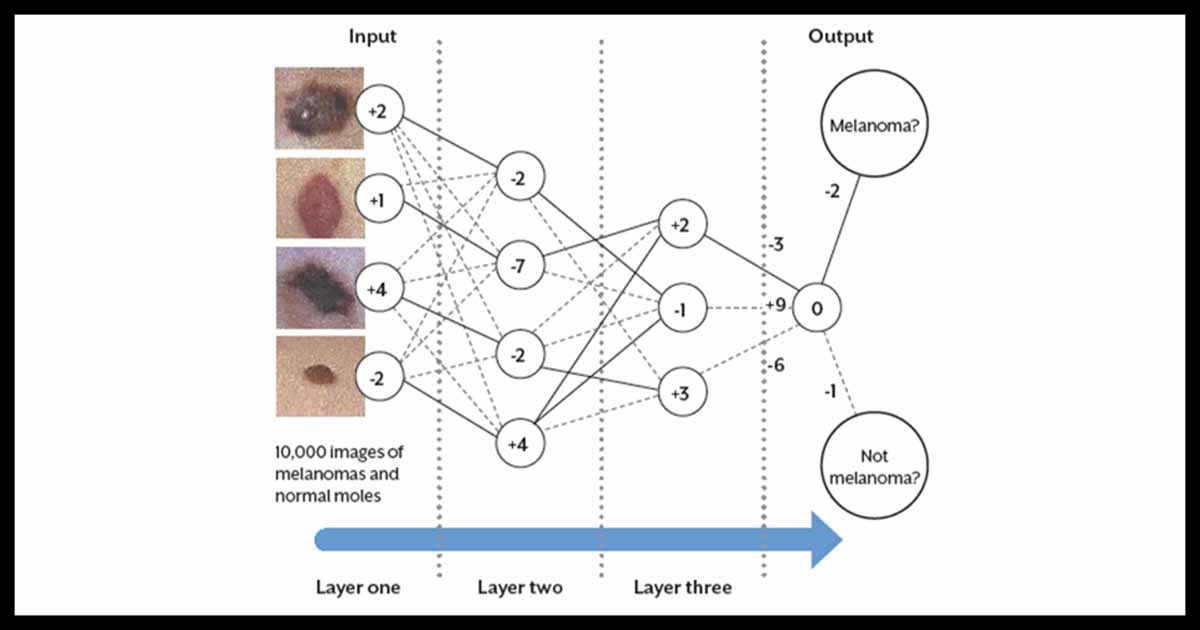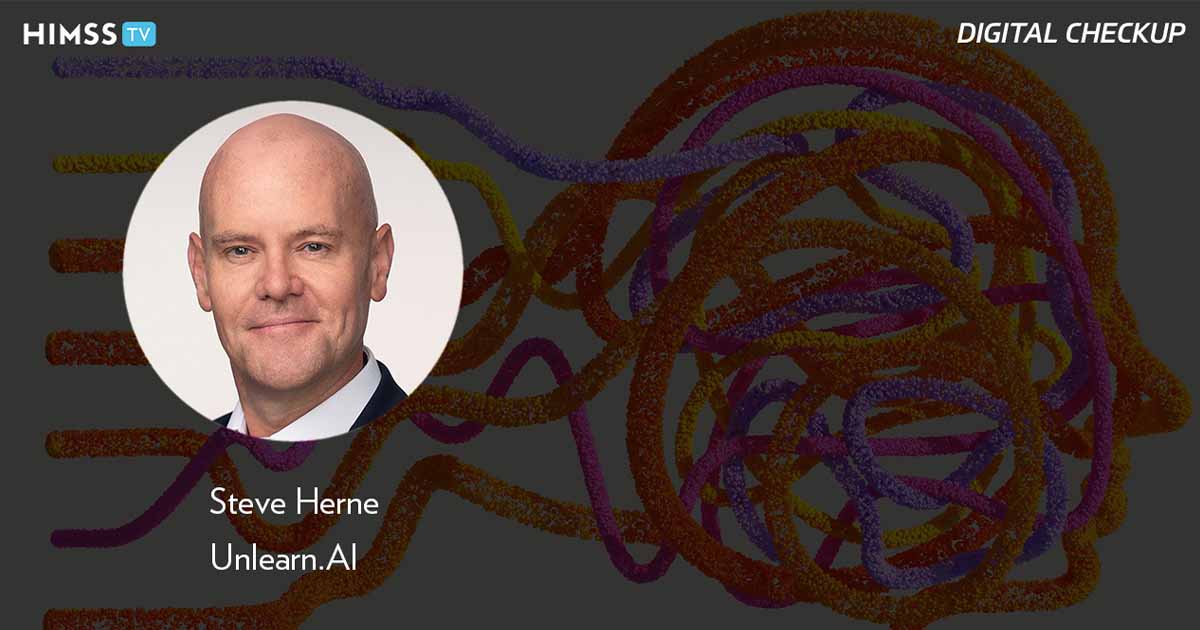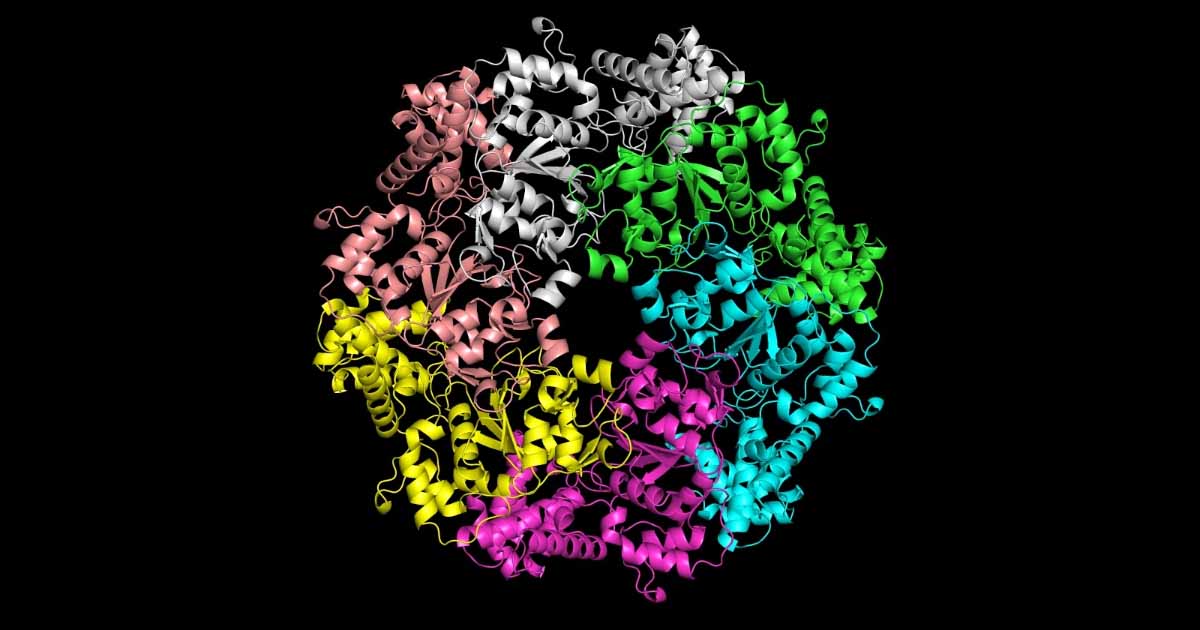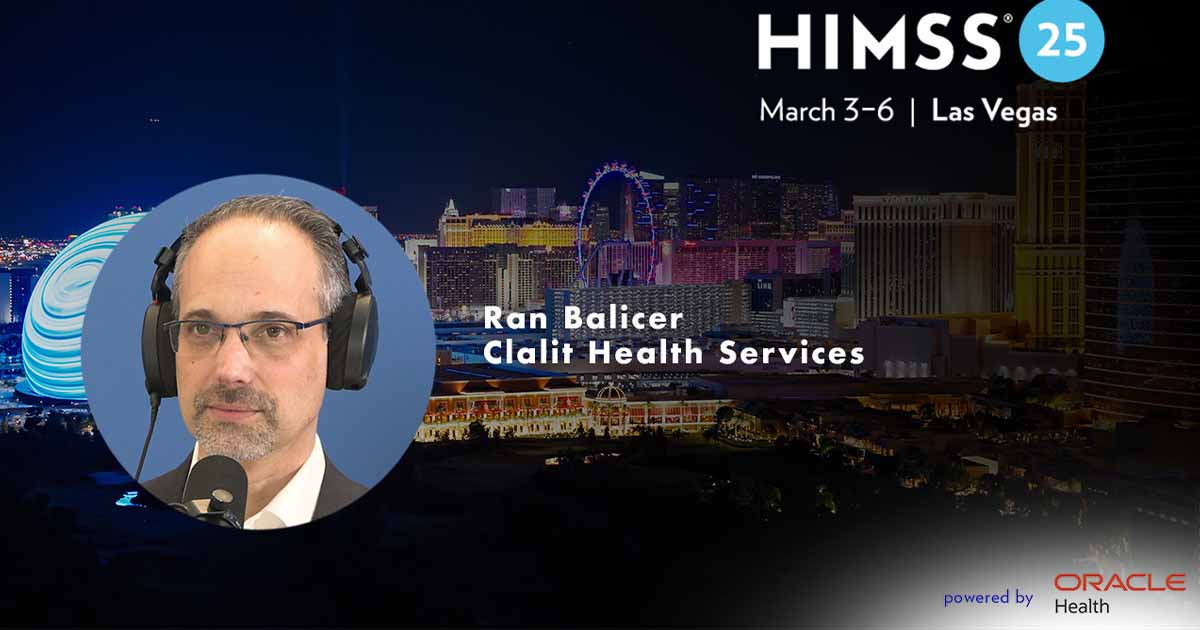Artificial Intelligence
AI & ML Intelligence
The Indiana health system has seen an 86% drop in time to complete notes, with after-hours documentation time plunging by 34%. And documentation turnaround has improved by 87%. Says one provider: "I was sold after just one patient. It was such a relief."
The University of Toledo is building and piloting AI models to assist in clinical decision support and to accurately answer patients' and clinicians' questions. Dr. R. Ryan Sadeghian, CMIO and a pediatrician, explains.
AI & ML Intelligence
These networks started impacting healthcare in the last 20 years, but it's only today that reliable prospective studies are convincing clinicians to use these artificial intelligence tools in their daily work. A Mayo Clinic researcher offers some insights into their applications and use.
The HIMSS Global Health Conference Education Committee consults attendee feedback and tracks emerging trends to plan its yearly global conference sessions. Committee Chair Michele Krajewski offers a peek inside.
On the provider side, 58% of organizations polled are using AI for administrative tasks, such as medical coding, billing and scheduling, while 44% are deploying it for clinical decision support and imaging analysis.
They're used to forecast the longitudinal behavior of trial participants – and by predicting individuals' likely response to a drug, can improve data quality and shorten trial timelines, says Unlearn CEO Steven Herne.
Automated functionalities and analytic tools are soon coming to EMC Healthcare's EMR system.
Juan Lavista Ferres, CVP and chief data scientist at Microsoft's AI for Good Lab, and Meghana Kshirsagar, senior research scientist, discuss their research on protein symmetry.
Also: Palo Alto Networks announced that it will buy Protect AI's suite of secure-by-design products to help enterprises reduce the risks of artificial intelligence model manipulation and related attacks.
The nation has maintained longitudinal electronic health records for patients since the 1990s, says Ran Balicer, chief innovation officer at Clalit Health Services – which has since enabled clinicians to leverage AI for predictive, proactive care.









